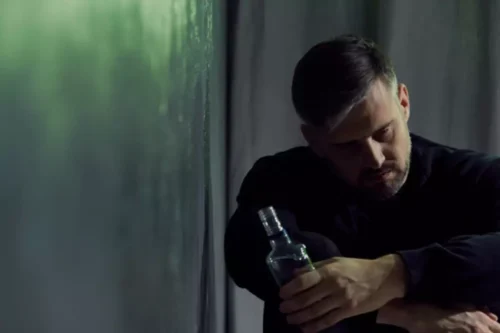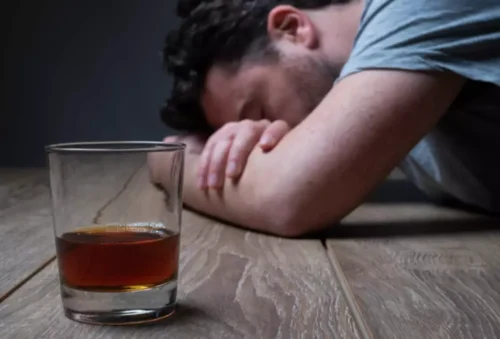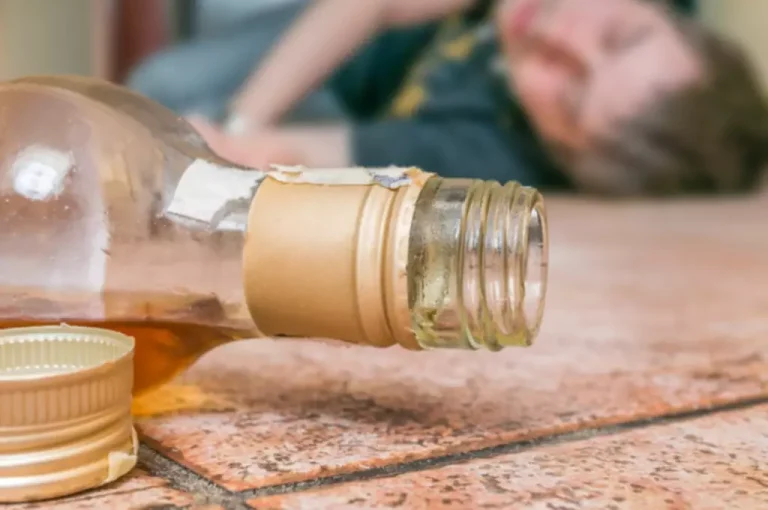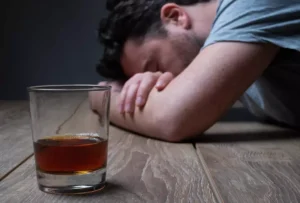
Here you can find useful links and phone numbers to get the support you need. Anxiety can become a health problem if it affects your ability to live your life as fully as you want to. Another factor might be the influence that being intoxicated has had on your behaviour and actions. If you wake up the next morning with a sense or regret or dread over what you’ve done while drunk, this can be stressful for anyone. Alcohol also disrupts the delicate balance of chemicals in the brain and body.
Lifestyle Changes That Can Help Treat (and Prevent) Panic Attacks

Knowing your limits alcohol and anxiety is a key factor in preventing hangovers and symptoms of anxiety during a hangover. If the symptoms of a hangover or hangxiety are severe—or if you are having shaking, tremors, a fever, changes in consciousness, or seizures—get prompt medical attention. Having hangxiety or being with someone going through it can be very distressing to everyone involved.
Private outpatient treatment
It is crucial to seek professional help when dealing with alcohol withdrawal and panic attacks. With the right support, individuals can navigate the challenges of alcohol withdrawal safely and effectively, reducing the risk of panic attacks and improving their overall well-being. Of these, 9.7% report using alcohol to help with their symptoms, a choice that sets off a vicious cycle.
Drowning in Alcohol Culture
Psychotherapy and mindfulness meditation can help you deal with anxiety. If you experience an alcohol-induced panic attack, it is important to take the right steps to calm yourself as soon as possible. However, while it is important to deal with panic attacks, it is also important to acknowledge the situation and the fear you feel.

Understanding The Pain of Alcohol Induced Panic Attacks
It’s a natural human response and usually passes once the situation is over – for example around a job interview. But if you have feelings of anxiety that are constant, overwhelming, or affect your daily life, there are things you can do, and support that is available to help you manage. It is not recommended to use alcohol as a coping mechanism to avoid panic attacks and feelings of anxiety, as this can make the initial problem worse in the long term.
Evidence-based Treatments
- However, you may want to cut back completely if alcohol is impacting your mental well-being through regular panic attacks.
- Once you’ve cut down your drinking (or stopped drinking altogether), keep going like this for a couple of weeks.
- As alcohol leaves your system, your brain tries to compensate for the depressive effects by producing more excitatory neurotransmitters.
- Because the alcohol and anxiety cycle feeds on itself, and over time causes a person to drink more, eventually it may lead to addiction.
It is often used for patients with alcohol dependence who also experience anxiety. Gabapentin, an anticonvulsant, is sometimes used off-label to treat anxiety and alcohol dependence. It stabilizes electrical activity in the brain, reducing anxiety symptoms. Diazepam is a benzodiazepine that Alcoholics Anonymous enhances the effects of the neurotransmitter GABA, helping to reduce anxiety. I’ve spent the last seven years researching and understanding alcoholism, addiction, and how people get sober.

And depression is affected by alcohol too – find out more on our alcohol and depression webpage. Shallow, rapid breathing is one of the key physical symptoms of anxiety. This means deepening and controlling your breathing can be an effective means of calming yourself down.
Alcohol is a drug like any other, and anything that affects your body like alcohol does has the potential to contribute a great deal to your panic attacks and anxiety more generally. For this reason, those that have panic attacks should strongly consider avoiding alcohol wherever possible. After you’ve spent time adjusting to your lifestyle changes, assess your situation. If all goes well, you should see a significant improvement in both frequency and intensity. If not much has changed, look for consistencies in panic attack triggers so you can avoid them in the future. Health issues such as kidney disease or liver disease can make you more prone to adverse effects of alcohol and more severe alcohol withdrawal symptoms.
The relationship between alcohol and anxiety
If the alcohol panic attack is hangover related, that is a warning sign as well. Another thing to watch out for is increases in the severity and frequency of anxiety levels and alcohol panic attacks. These are evidence that you are either drinking increasing amounts or that your brain has already been affected. Trembling, or tremors, occur in 30-50% of individuals with alcohol-induced anxiety disorder. Tremors are involuntary muscle movements, often affecting the hands but can also occur in other parts of the body.

- This prompts users to consume more significant quantities of alcohol.
- While alcohol can lessen or put a stop to the anxious thoughts that often lead to panic attacks, drinking will only ever be a temporary fix.
- If you are someone who struggles with an anxiety disorder, this feels especially wonderful.
- Unfortunately, as the alcohol levels wear off, there is a decrease in the inhibiting effects of the neurotransmitters, and the brain interprets the shift as threatening.
Regardless of how much you drink, you should still aim to reduce your intake. Various resources recommend a maximum of one or two drinks per day, though it may be more beneficial to eliminate consumption if possible. Alcohol affects the levels of specific neurotransmitters in the brain, creating an initial calming effect. This substance acts as a depressant, slowing down the central nervous system and making you feel less inhibited in a variety of settings.
